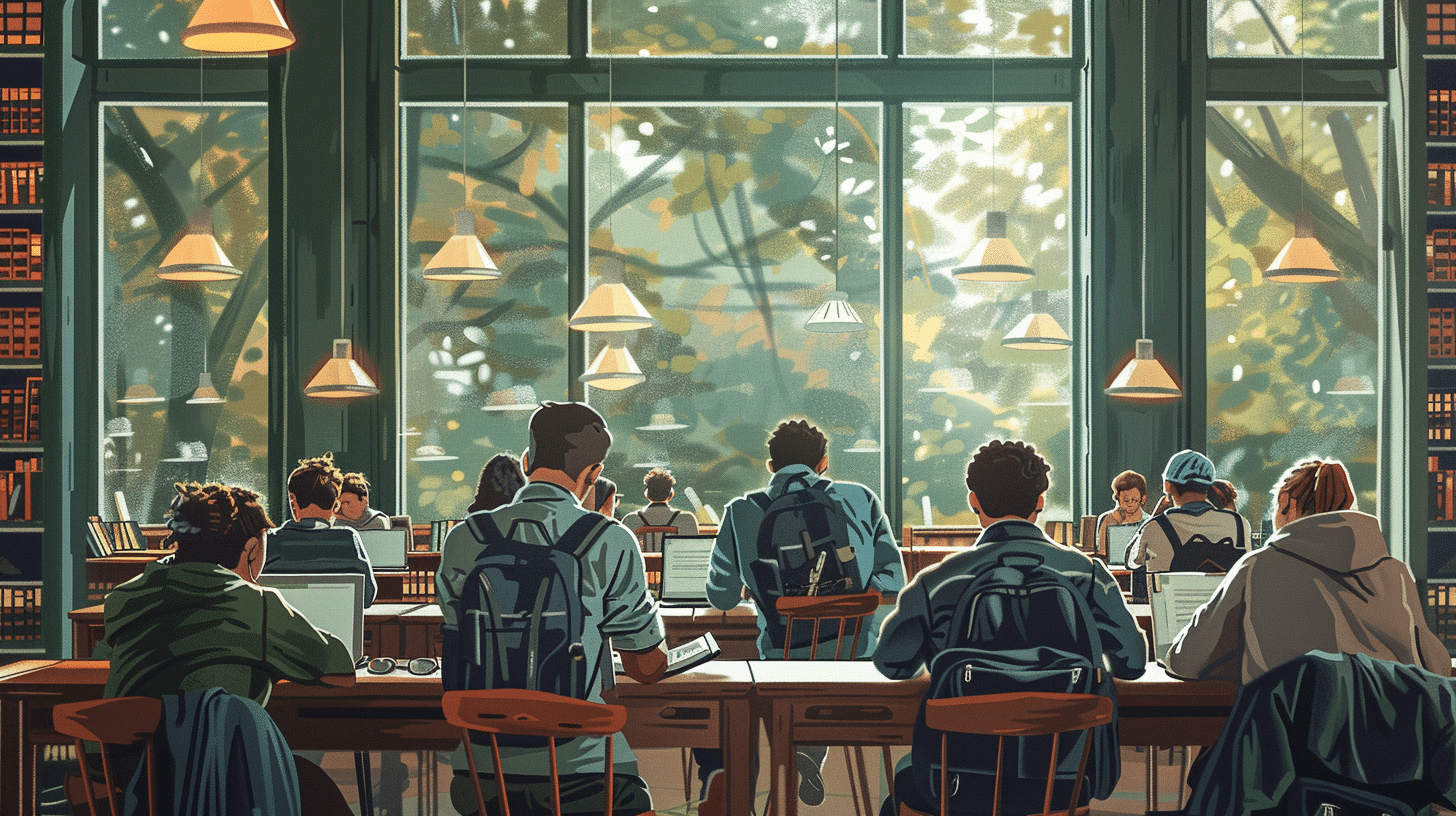Pick a language and start learning!
Adjectives used as nouns Exercises in Danish language

In Danish, adjectives can often take on the role of nouns, a linguistic feature that adds versatility and depth to the language. When adjectives are used as nouns, they can refer to people, objects, or abstract concepts, providing a shorthand that enhances communication. For example, the adjective "de gamle" (the old) can be used to refer to elderly people collectively. Understanding and mastering this use of adjectives can greatly improve both your comprehension and expressive abilities in Danish.
This page offers a range of grammar exercises designed to help you practice and perfect the use of adjectives as nouns in Danish. By engaging with these exercises, you will learn how to identify the context in which an adjective can function as a noun, how to correctly form these constructions, and how to use them in sentences to convey clear and precise meanings. Whether you're a beginner or looking to refine your Danish skills, these exercises will provide valuable practice to enhance your grammatical proficiency.
Exercise 1
<p>1. Hun beundrede *de smukke* i parken (the beautiful ones).</p>
<p>2. De modige *overlevede* katastrofen (the brave ones).</p>
<p>3. De *unge* elsker at danse hele natten (the young ones).</p>
<p>4. *De gamle* fortæller historier om fortiden (the old ones).</p>
<p>5. Hun foretrækker *de hvide* over de sorte (the white ones).</p>
<p>6. *De rige* donerede mange penge til velgørenhed (the rich ones).</p>
<p>7. *De kloge* diskuterede ivrigt emnet (the wise ones).</p>
<p>8. *De sultne* ventede utålmodigt på maden (the hungry ones).</p>
<p>9. *De stærke* hjalp med at bære de tunge kasser (the strong ones).</p>
<p>10. *De syge* blev behandlet på hospitalet (the sick ones).</p>
Exercise 2
<p>1. De *gamle* går en tur i parken hver morgen (adjective meaning "old people").</p>
<p>2. De *unge* elsker at gå til koncerter (adjective meaning "young people").</p>
<p>3. De *trætte* sover hele dagen (adjective meaning "tired people").</p>
<p>4. De *syge* bliver behandlet på hospitalet (adjective meaning "sick people").</p>
<p>5. De *fattige* får hjælp fra velgørenhedsorganisationer (adjective meaning "poor people").</p>
<p>6. De *rige* bor i store villaer (adjective meaning "rich people").</p>
<p>7. De *arbejdsløse* søger efter nye jobmuligheder (adjective meaning "unemployed people").</p>
<p>8. De *sultne* blev tilbudt mad i suppekøkkenet (adjective meaning "hungry people").</p>
<p>9. De *modige* reddede katten fra træet (adjective meaning "brave people").</p>
<p>10. De *glade* fejrer deres sejr (adjective meaning "happy people").</p>
Exercise 3
<p>1. *De* er de mest generøse i gruppen (pronoun for "they").</p>
<p>2. Alle *unge* var inviteret til festen (adjective for "young people").</p>
<p>3. De *ældre* er meget aktive i denne by (adjective for "elderly people").</p>
<p>4. *Syge* skal have særlig omsorg (adjective for "sick people").</p>
<p>5. *Blinde* har brug for hjælp til at krydse vejen (adjective for "blind people").</p>
<p>6. *Hjemløse* har brug for husly (adjective for "homeless people").</p>
<p>7. *Rige* har ofte flere muligheder (adjective for "rich people").</p>
<p>8. *Kloge* finder altid en løsning (adjective for "wise people").</p>
<p>9. *Fattige* kæmper ofte med økonomiske udfordringer (adjective for "poor people").</p>
<p>10. *Dovne* gider ikke at arbejde (adjective for "lazy people").</p>







